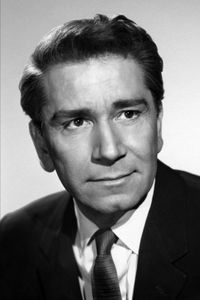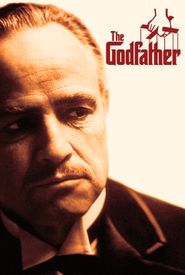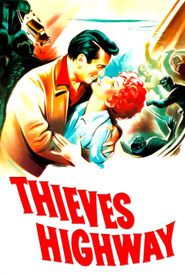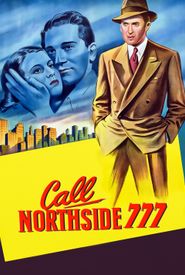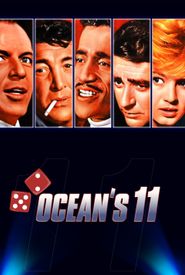Nicholas Richard Conte was born on March 24, 1910, in Jersey City, New Jersey, to an Italian-American barber. Prior to becoming a professional actor, Conte held various jobs including a truck driver, Wall Street clerk, and singing waiter at a Connecticut resort.
His experience as a singing waiter led to theatrical work in New York, where he was discovered by actors Elia Kazan and Julius "Julie" Garfinkle, later known as John Garfield, in 1935.
Kazan helped Conte obtain a scholarship to study acting at the Neighborhood Playhouse, where he excelled. Conte made his Broadway debut in "Moon Over Mulberry Street" in 1939 and went on to feature in other plays, including "Walk Into My Parlor".
His stage work led to a movie job, and he made his film debut in Heaven with a Barbed Wire Fence (1939),billed as "Nicholas Conte". During World War II, Conte appeared mostly as soldiers in war pictures, although after the war he became a fixture in 20th Century-Fox's "film noir" crime melodramas.
He was signed as a contract player with 20th Century-Fox in 1942 and was promoted by the studio as "New John Garfield", the man who helped discover him. He made his debut at Fox, under the name "Richard Conte", in Guadalcanal Diary (1943).
Conte's best role at Fox was as the wrongly imprisoned man exonerated by James Stewart's reporter in Call Northside 777 (1948) and he also shone as a trucker in Thieves' Highway (1949).
In the 1950s, Conte essentially evolved into a B-movie actor, his best performances coming in The Blue Gardenia (1953) and Highway Dragnet (1954). After being set free of his Fox contract in the early 1950s, his career lost momentum as the film noir cycle exhausted itself.
Conte appeared often on television, including a co-starring gig on the syndicated series The Four Just Men (1959),but by the 1960s his career was in turnaround. Frank Sinatra cast him in his two Tony Rome detective films, the eponymous Tony Rome (1967) and Lady in Cement (1968),but Conte eventually relocated to Europe.
He directed and starred in Operation Cross Eagles (1968),a low-budget war picture shot in Yugoslavia. His last hurrah in Hollywood role was as Don Corleone's rival, Don Barzini, in The Godfather (1972),which many critics and filmmakers, including the late Stanley Kubrick, consider the greatest Hollywood film of all time.
After The Godfather (1972),Conte continued to appear in European films. He was married to Ruth Storey, with whom he fathered film editor Mark Conte. Richard Conte died of a heart attack on April 15, 1975, in Los Angeles, California, aged 65.
